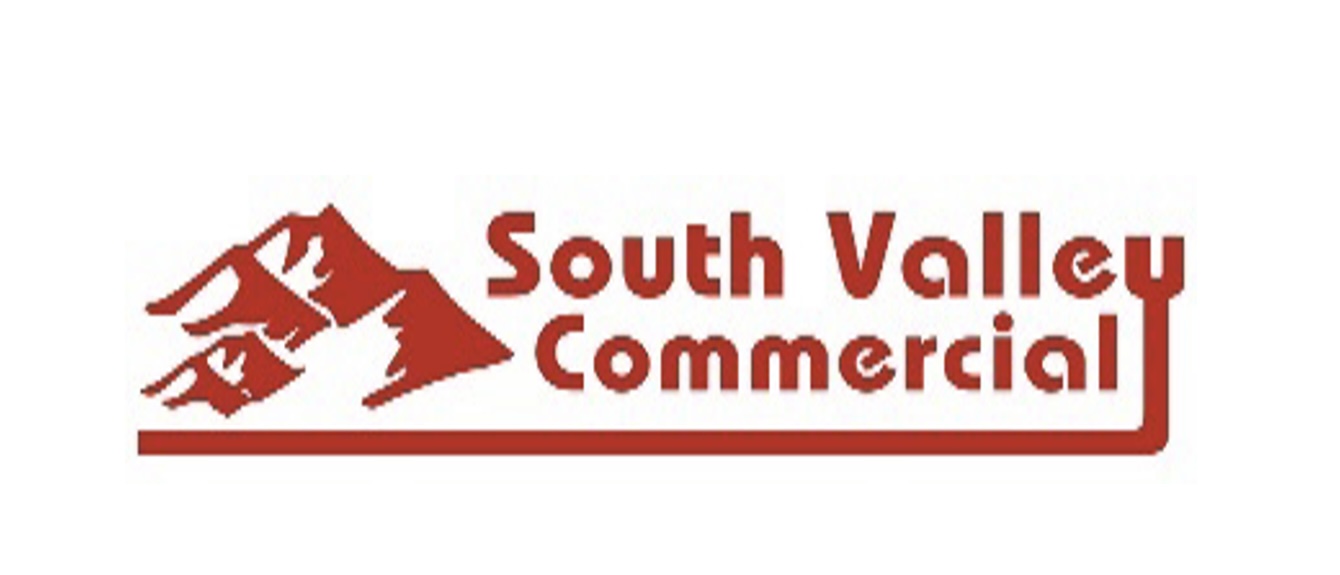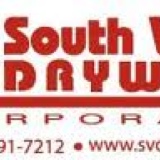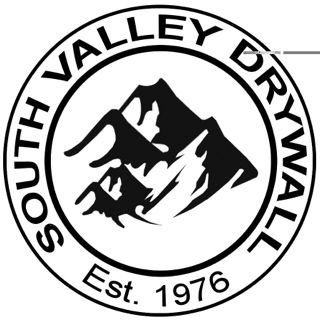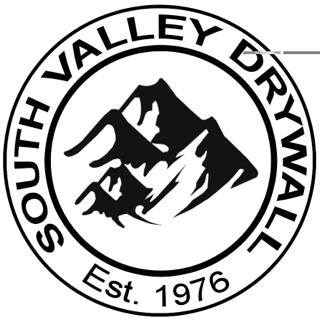Information
-
General Contractor
-
Project Manager
-
General Contractor/Project Name
-
Conducted on
-
Prepared by
-
Location
-
Personnel
undefined
General Contractor
-
Are trash cans & dumpsters near by adequate?
-
Safety rails needed on any open areas exposing a fall hazard?
-
Toilets clean?
-
Materials from other trades out of our way?
-
Fire extinguisher in trailer/fire extinguisher notification posted?
-
SDS, Hazcom & Safety Policy located with General Contractor?
-
Are ladders being used for access? Do the ladders meet the ladder standard?
-
First aid kit properly stocked?
-
Emergency phone numbers posted?
Fall Protection / Scaffolding / Ladders
-
Footing must be sound "no 2"x4"s or bricks".
-
Scaffold over 10' requires safety rails or being tied off.
-
Safety rails required on perry's at 6'.
-
All working areas of a scaffold must be fully planked.
-
All braces must be in place.
-
Base plates or casters must be used.
-
All casters must have brakes.
-
Competent person on site? If no please explain? Identify competent person.
-
Are stilts being inspected daily and in good repair?
-
Harness-lanyards being used when exposed to fall hazards? Inspected before each use?
-
Fall protection being used on articulating aerial lifts?
-
Are extension ladders, step ladders, and benches being used properly and inspected on a regular basis?
-
Was the scaffold correctly assembled, stilts in good repair, fall protection being utilized when necessary, and ladders being used in accordance with OSHA standards per sections 1926.500(Fall Protection),1926.450(Scaffolding), and 1926.1053(Ladders)?
Aerial and Articulating lifts
-
Daily inspection of the unit(fluid leaks, pneumatics, hydraulic lines, banjo bolts, decals, damaged equipment, platform and ground controls operations, and platform rails & gate entry) complete?
-
Fall protection required for the unit? If yes, are the correct anchor points being used?
-
Has a pre-operation( platform & ground controls functioning, audible alarms, emergency stop, steering functions, and test drive)been completed
-
Was the work area inspected for(over head hazards, location of personnel, uneven or unstable ground, leading edges, or any other potential) hazards.
-
Are the operation, owners, and instructions manual located on the machine?
-
Have the operators been trained and certified in the use of the specific lift being used?
-
Do the operators have their certification?
-
Was the aerial and articulating lift utilized correctly, and operators receive proper training and certification on the use, in accordance with OSHA standards per section 1926.453(a)(1)(Aerial lifts)?
Personal Protection Equipment (PPE)
-
Hard hats being worn?
-
Are gloves being worn when working with sharp materials?
-
Ear plugs being used?
-
Safety glasses being worn? or side shields used with glasses?
-
Face shield being used when using chopsaw?
-
Welding hoods must not have cracks or scratched lens?
-
Work boots being worn?
-
Was PPE being worn and utilized correctly, when necessary, in accordance with OSHA standards per section 1926.95(Personal Protective and Life Saving Equipment)?
Electrical
-
Extension cords being connected to a Ground Fault Circuit Interrupter(GFCI) with ground prong intacted?
-
Tools grounded or double insulated, tool cords free of damage, and proper plug ends on tools?
-
Extension cords are in good conditions?
-
Guards are in place on power tools?
-
Were GFCI's in place, proper/damage free extension cords being used, and the power tools in good repair in accordance with OSHA standards per sections 1926.300(Power Tools), 1926.404(GFCI), 1926.405(Extension Cords)?
House Keeping / Trip Hazards
-
Work areas & hallway clean & free of trip hazards for employees working from stilts?
-
Scraps picked up or stacked out of the way?
-
Was the house keeping in accordance with OSHA standards per section 1926.25(House Keeping)?
Fire Prevention & Protection
-
Fire extinguisher on site & close to hot work?
-
Flammable storage properly isolated?
-
ANSI approved fuel cans? Clearly marked?
-
Do not store flammables in enclosed space, next to stairways or near an exit.
-
Proper warning signs posted?
-
Adequate fire watch precautions taken?
-
Was the necessary fire protection on site being used in accordance with OSHA standards per section 1926.150(Fire Protection)?
Powder/Gas Actuated Tools / Lasers
-
Laser & Powder Actuated Tool warning placards posted?
-
License for all operators using powder/gas actuated tools.
-
Proper disposal of misfired live and used rounds?
-
Guns are properly stored?
-
Was the powder actuated tool and laser being used in accordance with OSHA standards per section 1926.302(e)(Powder Actuated Tools) and 1925.54(Lasers)?
Completion of Safety Audit and Documentation
-
Forman, leadman, and crew pretasking?<br>- What were the tasks?<br>- What will be needed(materials or equipment)?<br>- What are the hazards when performing those tasks?<br>- What steps are being taken to eliminate those hazards?
-
Are near miss reports turned into the office on the same day?
-
Are accident reports turned into the office on the same day?
-
Site free of Safety Violation?
-
Corrective actions taken to eliminate any potential hazards.
-
Closing comments.
Person conducting the safety audit.
-
Add signature













